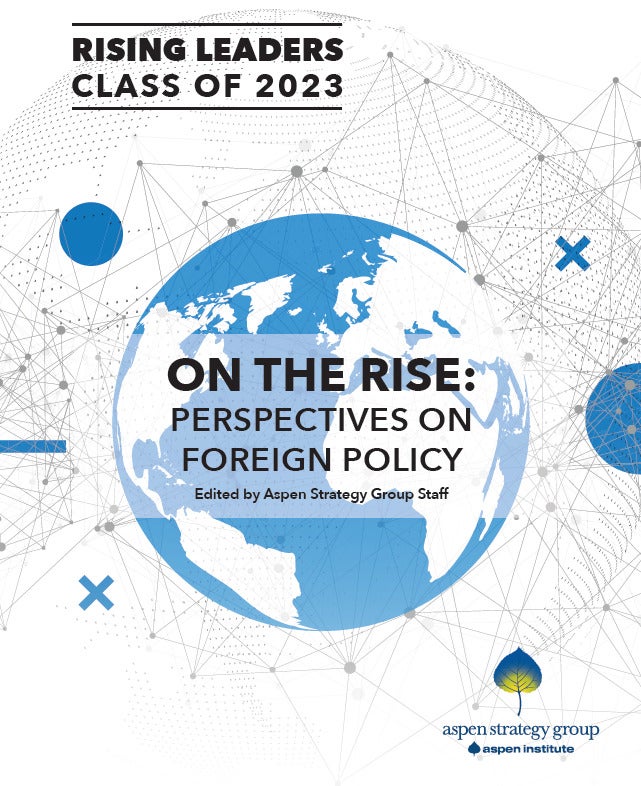Richard Haass arrived at the Aspen Institute as the bearer of bad news. The chaos that seems to dominate the global arena, he said, is part of a declining trend of “ever-increasing disarray.” Haass is president of the Council on Foreign Relations. He previously served as a special assistant to President George H. W. Bush and held various posts at the National Security Council, Department of State, and the Department of Defense. He discussed his new book, A World in Disarray: American Foreign Policy and the Crisis of the Old Order, with Aspen Institute President and CEO Walter Isaacson.
In hot spot areas like the Middle East, Haass urged cooperation with US allies over unilateral intervention. However, he also cautioned against walking away from the region too soon.
Richard Haass on Middle East Policy
Likewise, Haass believes that the US must not renege on its commitment to protect Ukraine from Russian aggression. He prescribed nuance in this particular arena. Haass perceives Russia’s desire to destabilize the region as a result of its lack of integration into the global economic order.
Richard Haass on Russia Policy
Although Haass wrote A World in Disarray before knowing the outcome of last year’s election, he did have the 45th president in mind. He talked of the daunting list of responsibilities that the Trump administration inherited with respect to cyber security, terrorism, public health, and the instability of the global political climate. He believes that the administration is exacerbating these situations, though, and adding to the disorder.
Richard Haass on Technology and Job Disappearance
Trump was elected due to the wave of populism that seems to be sweeping the United States and parts of Europe. In Haass’ opinion, populism is “the handmaiden of protectionism and isolationism.” He believes that support for the old world order has crumbled due in part to heightened economic anxiety. Globalization, and more specifically immigration and trade, has been scapegoated for the struggles that many families are facing. This has been a slow-moving crisis, one that Haass describes as one of the hardest issues for a democracy to contend with.
Richard Haass on the Trump Administration
Haass makes it clear that America needs to start a conversation about its own rising inequality. It’s through education, training, and transitional assistance that workers can keep up with the country’s economic upheaval. Otherwise the national sentiment will continue to trend toward isolationism. Without the support of its citizens, Haass says, the US cannot be a force for stability and prosperity in the world.

